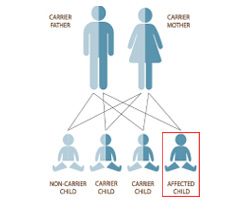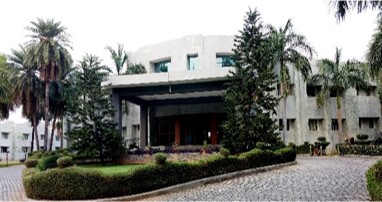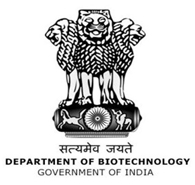About The Program
Novel Approaches to Haematological Diseases (NAHD) is part of the program entitled Accelerating the application of Stem cell technology in Human Disease (ASHD), an Indo-Japan collaborative project, supported by the Department of Biotechnology, Ministry of Science and Technology, Government of India. This program aims to exploit cutting-edge biotechnology applied to stem cell science and human genetics to range of clinical applications including gene therapy for haematological diseases to address several unmet needs in the country. The major components of the NAHD program are (i) Gene Therapy for the common hereditary haematological disorders such as thalassemia major, sickle cell disease and haemophilia (ii) Haplobanking to create a cell bank of HLA haplo-identical induced pluripotent stem cells for regenerative medicine and (iii) Establishing a model for the control and prevention of thalassemia major and sickle cell disease in the community.
News & Recent Developments
Major Components of the Program
![]()
Gene Therapy
The NAHD program envisages to develop novel methods for gene therapy of hereditary blood disorders such as haemophilia, thalassemia and sickle cell disease.
![]()
Applications of Induced Pluripotent Stem Cell (iPSC) Technology: Haplobanking
The NAHD program intends to create a bank of cells from individuals with homozygous HLA haplotype called the Haplobank with an aim to develop the field.

Control of Thalassemia & Sickle Cell Disease program for Odisha
Under the NAHD program, CSCR and CMC, Vellore have taken initiative to develop a model for community outreach program for the control of major haemoglobin disorders.
Reach Us
- Centre for Stem Cell Research (a unit of inStem, Bengaluru),
Christian Medical College Campus, Bagayam, Vellore - 632002,
TamilNadu, India. - +91 416 3075101, 3075107, 3075120
- +91 416 307 5103
- cscr@cmcvellore.ac.in








